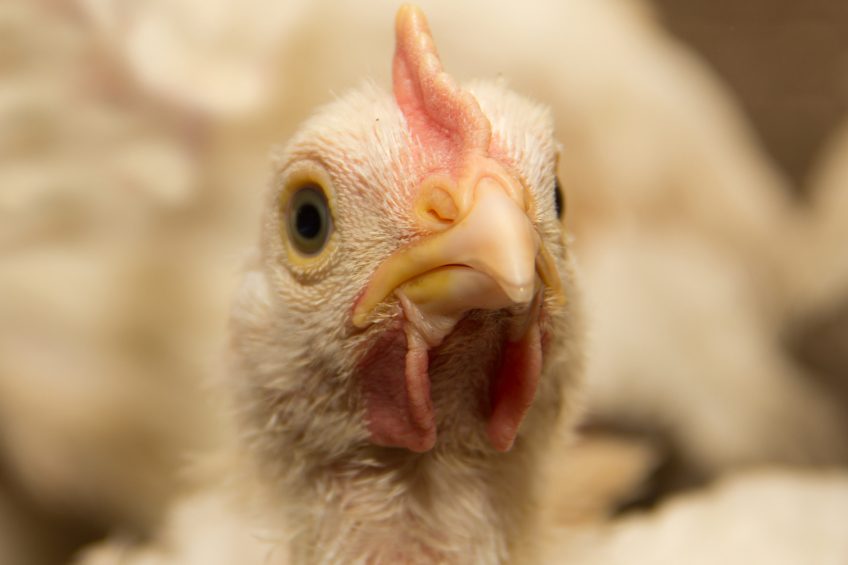India: Colistin sold to poultry farms without prescription

An investigation into the Indian poultry industry has found the antibiotic colistin, which is critically important to human health, for sale without a prescription.
Reporters for the Bureau of Investigative Journalism were able to buy 200g of the drug over the counter and say that packaging advertised its efficacy as a growth promotor.
Instructions reportedly said that the substance “improves weight gain”, and 50g should be added to each ton of poultry rations. The product was sold by Indian conglomerate Venky’s.
Antibiotic of last resort
Colistin is considered an antibiotic of last resort, to be used only when all other treatment options are exhausted. Members of the British Poultry Council voluntarily banned its use in the UK in 2016.
The bureau investigation found the medicine was shipped to countries including Vietnam, India, South Korea and Russia in 2016. It says that “at least” five animal pharmaceutical companies in India openly advertise products containing colistin as growth promoters.
The International Poultry Council released a position statement on antimicrobial use last year, which acknowledged growing resistance to medicines as a “global concern”. But it did not go as far as explicitly banning the use of antibiotics to promote growth.
Deeply worrying
Timothy Walsh, professor of Medical Microbiology, described the findings as “deeply worrying”, and suggested it was “complete and utter madness” to use the drug in poultry farming.
“Colistin is the last line of defence,” said Prof Walsh, who is also an adviser to the UN on antimicrobial resistance. “It is the only drug we have left to treat critically ill patients with a carbapenem-resistant infection. Giving it to chickens as feed is crazy.”
“Colistin-resistant bacteria will spread on the chicken farms, in the air surrounding them, contaminate the meat, spread to the farm workers, and through their faeces flies will spread it over large distances,” he continued.
Venky’s is not breaking any laws in India by selling colistin. It said: “Our antibiotic products are for therapeutic use – although some of these in mild doses can be used at a preventive level, which in turn may act as growth promoters […]We do not encourage indiscriminate use of antibiotics.”
It also said antibiotics on its own farms were only used for “therapeutic purposes”.
The bureau’s full report can be found on its website, here.












